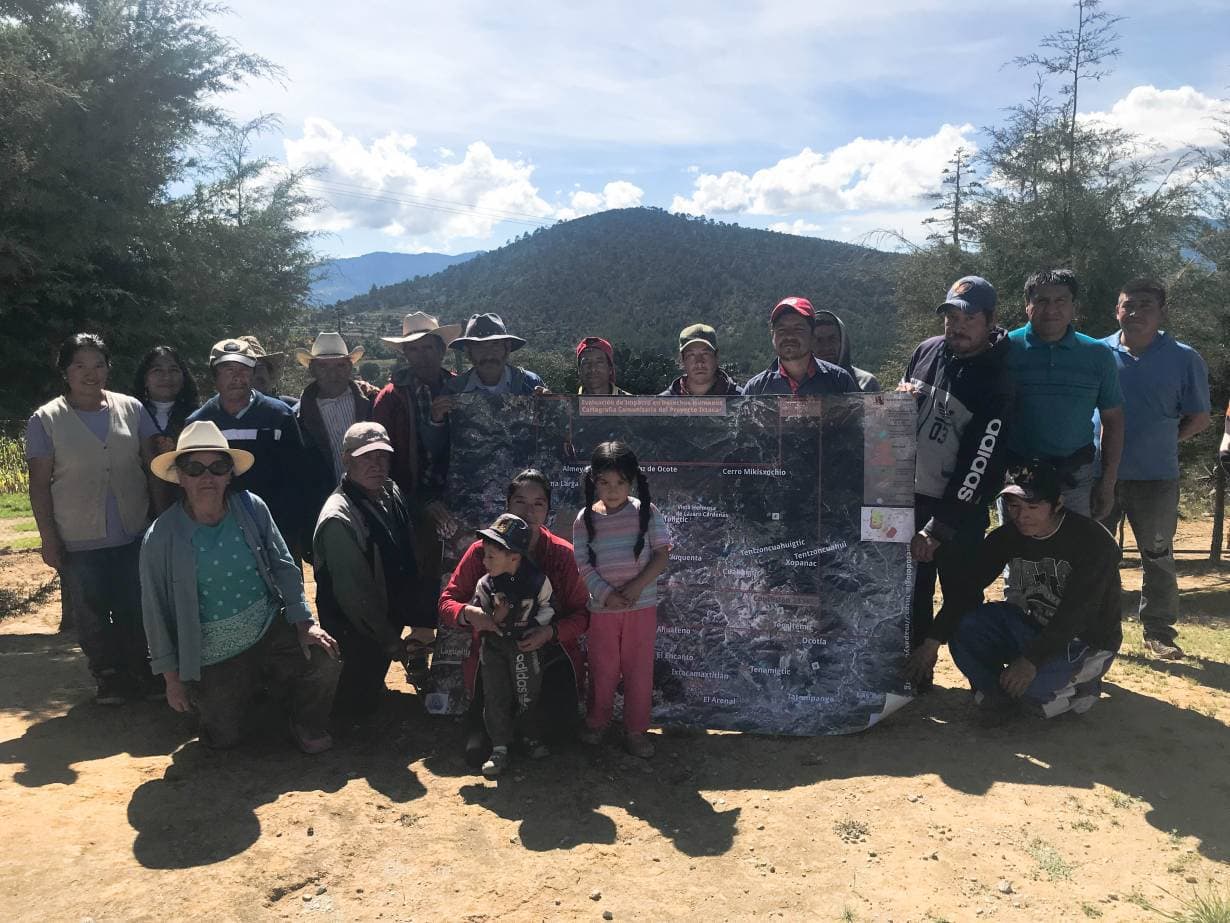The Nahuas are a group of indigenous peoples of Mexico. Their language of Uto-Aztecan affiliation is called Nahuatl and consists of many more dialects and variants, a number of which are mutually unintelligible. About 1,500,000 Nahua speak Nahuatl and another 1,000,000 speak only Spanish.
Evidence suggests the Nahua peoples originated in the southwestern part of what is now the United States and northwestern Mexico. They split off from the other Uto-Aztecan speaking peoples and migrated into central Mexico around 500 CE. They settled in and around the Basin of Mexico and spread out to become the dominant people in central Mexico. Some of the most important Mesoamerican civilizations were of Nahua ethnicity, including the Toltec and Aztec cultures, as well as the Tepaneca, Acolhua, Tlaxcaltec, Xochimilca, and many others.
The name Nahua is derived from the Nahuatl word nāhuatl, which means “clear”, “intelligible” or “speaking the Nahuatl language”. It was used in contrast with popoloca, “to speak unintelligibly” or “speak a foreign language”. Another, related term is Nahuatlaca, literally “Nahua people”.
The Nahuas are also sometimes referred to as Aztecs. Using this term for the Nahuas has generally fallen out of favor in scholarship, though it is still used for the Aztec Empire. They have also been called Mexicanos or Mexicans, after the Mexica, a prominent Nahua group.
Text adapted from Wikipedia’s article on the Nahua people


